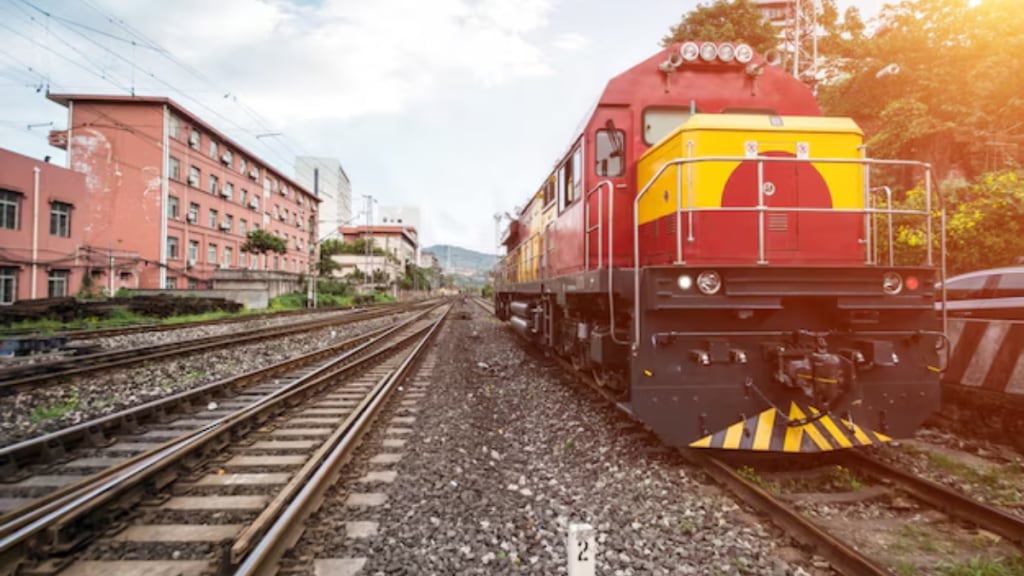In a first, Indian Railways successfully operated eight freight trains as four long-haul trains in a single day, optimising both time and crew usage, officials announced on Monday. The initiative, known as a “long haul operation,” is aimed at improving freight efficiency and addressing resource shortages.
Shashi Kant Tripathi, Chief Public Relations Officer of North Central Railway, explained the process, stating, “Two trains, each having 58 wagons and engines, were joined to create one long train formation. We formed four such long-haul trains using eight freight trains and operated them on the same day.”
The operation was conducted on the Eastern Dedicated Freight Corridor (EDFC), between Dadri and Deen Dayal Upadhyay station, which is a critical route for transporting goods across the country. Remarkably, only one crew—comprising a loco pilot, assistant loco pilot, and a guard—was required to operate each long-haul train, effectively allowing four teams to manage the eight freight trains.
Tripathi further explained that while previous experiments with such long-haul trains had been conducted, they had only managed to operate one or two formations per day. “This time, the Prayagraj division decided to scale up the experiment, running all four formations on the same day, making it a significant breakthrough.”
The initiative has received praise from within the rail sector. Railway officials credited Divisional Railway Manager Himanshu Badoni, Senior Divisional Operations Manager SK Shukla, and Deputy Chief Transportation Manager of Tundla Amit Sudarshan for spearheading this initiative. Officials said that this development could mark a turning point for the Dedicated Freight Corridor Corporation India Limited (DFCCIL), transforming the efficiency of rail freight operations.
One of the major challenges Indian Railways faces is a shortage of trained crew. By using long-haul operations, fewer crew members are required to manage a larger number of trains, which optimizes resources. Additionally, the experiment is expected to improve “path optimization,” meaning that tracks can be used more efficiently, reducing delays and improving overall train scheduling.
The DFCCIL spokesperson emphasized that long-haul freight trains could also benefit passenger services. “By diverting freight trains to dedicated corridors, we decongest tracks meant for passenger trains. This improves safety and punctuality, especially as we approach the Kumbh Mela next year, which will significantly increase passenger traffic in the Prayagraj division.”
This successful experiment could pave the way for more extensive long-haul operations in the future, providing both logistical and operational benefits to Indian Railways.
(With agency inputs)
